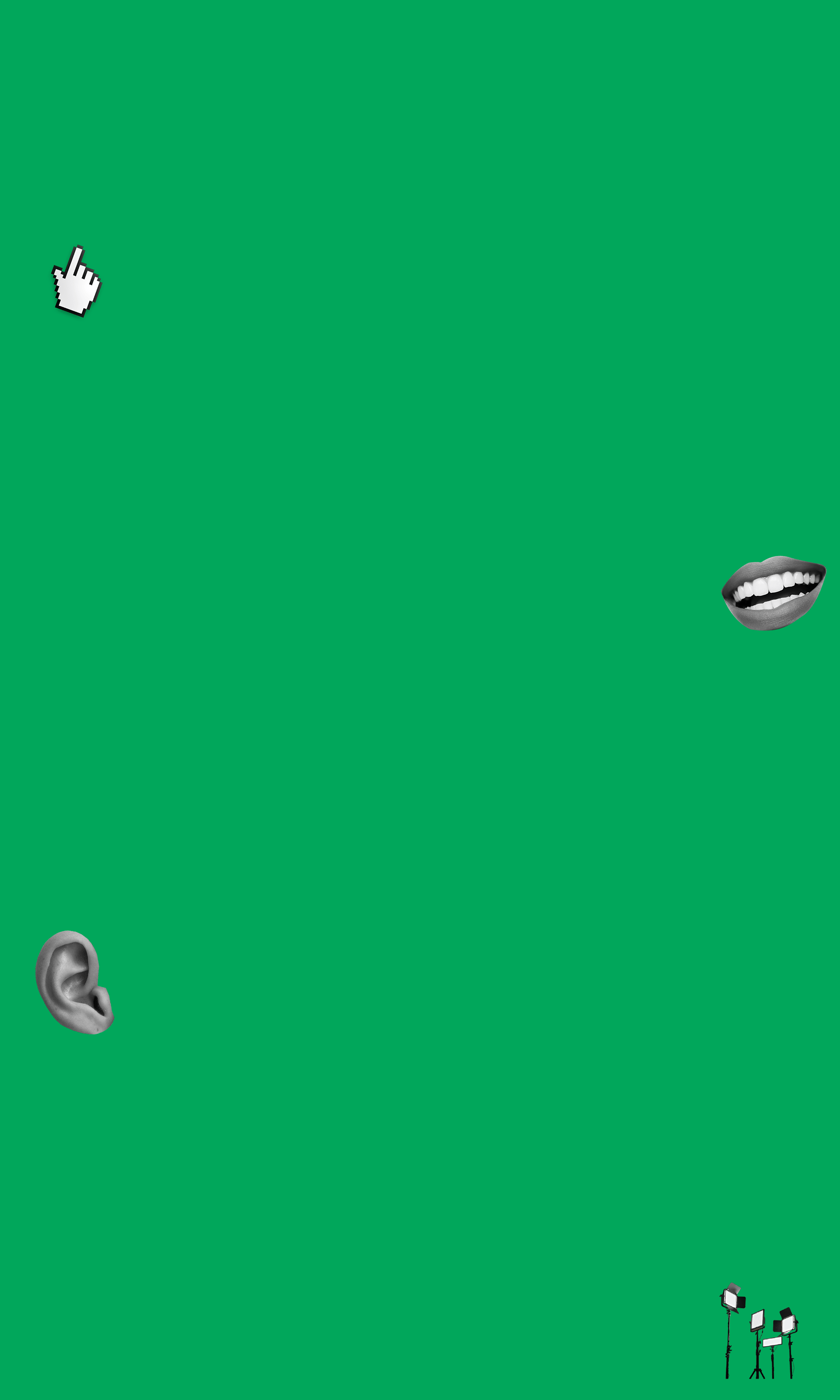Will our bodies be protected from AI?
- 05 november 2024
What would you do if OpenAI's new virtual assistant were to sound exactly like you? It happened to actress Scarlett Johansson. When ChatGPT's voice assistant was demoed earlier this year, it sounded exactly like the American actress. An unlikely coincidence.
That same day, OpenAI CEO Sam Altman tweeted three letters: her. Her is also the name of the sci-fi movie in which Scarlett Johansson voices, yes, a virtual assistant. Hmm. Johansson had previously been approached by OpenAI for a collaboration, but the actress had turned down the offer. OpenAI denied that the similarity between her voice and that of their voice assistant was intentional.
A little closer to home, tech YouTuber Marques Brownlee (MKBHD) recently found out that a gadget company seemed to have created a clone of his voice to promote their own product. A positive review from Brownlee has the same impact on gadget sales as Dua Lipa has on the popularity of pickle juice. “There are real companies who will just use an AI-created rip of my voice to promote their stuff. And there's really no repercussions for it other than being known as this scummy shady company,” Brownlee wrote.
You could shrug all of this off as something only celebrities will be affected by. But what if your ex-partner's virtual anti-loneliness buddy looks exactly like you? Or if your voice is used by your employer to power a virtual assistant so the company can keep customer service open 24/7? The data is already there, and soon generative AI systems will be cheaply and abundantly available to ordinary consumers - both well-intentioned and malicious. Will our bodies be protected from that?
Subscribe to our monthly English update
This article appeared earlier as the preface to our monthly English newsletter. Do you want to receive this newsletter straight to your inbox? Subscribe via:

